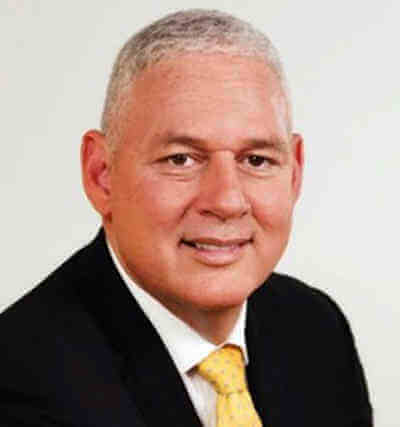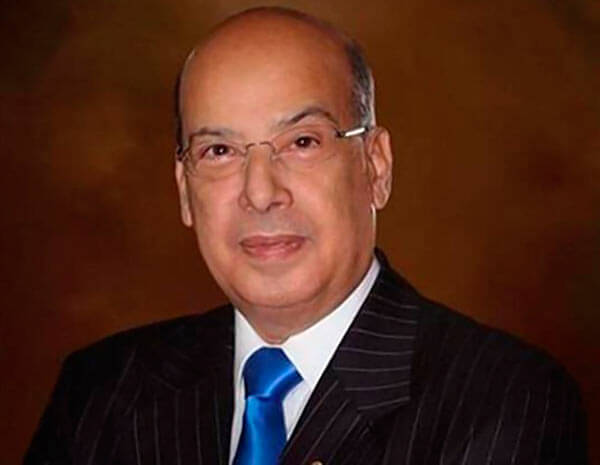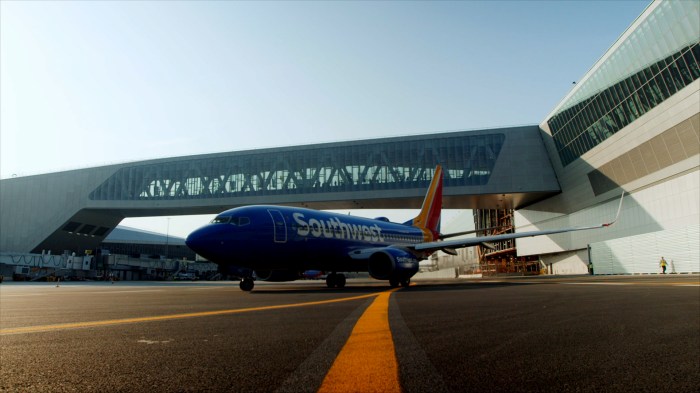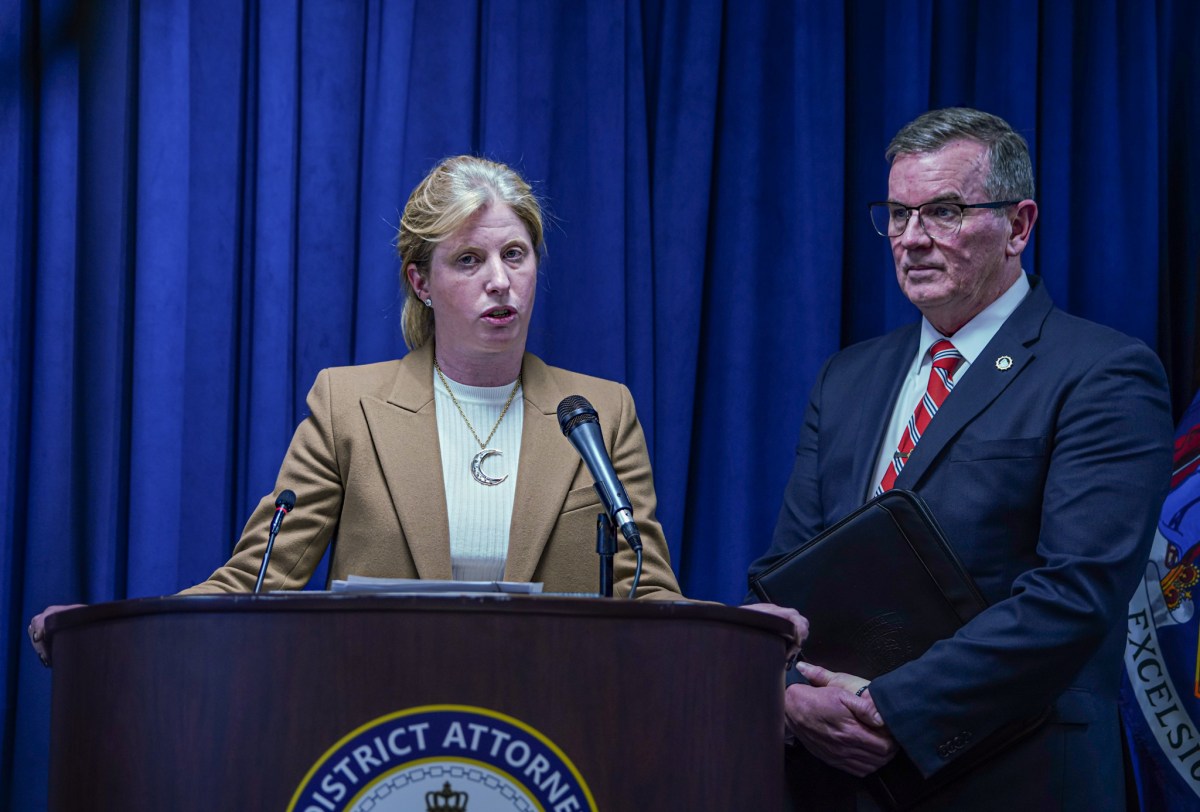Successive generations of Caribbean community leaders and high officials have been grappling with mounting scepticism in the bloc about difficulties professionals experience while trying to work and resettle in member states outside of their home nation.
In recent decades, they have implemented systems allowing professionals who wish to work in contributing member states to do so once they are of good character, produce proof of their qualifications and tender the mandatory skills certificate certifying who they say they are.
Aware of the scepticism surrounding their efforts to provide free movement of people within the bloc, professionals especially, leaders at their most recent summit in St. Lucia added to the list of persons who would qualify under this system.
In the coming months, security guards and agricultural workers will join folks working in regional media, health workers, musicians, aviation workers, sportsmen, university /tertiary education school graduates and other categories of Caribbean nationals enjoying this right.
The matter was extensively discussed during the three-day meeting and has been one of the main recurring themes and agenda items of the two yearly summit for decades. Still some leaders are not satisfied with the progress made so far and want the pace to be stepped up.
The issue has now been handed down to the bloc’s council for human and social sub committee for refinement. The leaders say that all the arrangements for the new categories of workers to enjoy free movement and resettlement in any country of their choice should be administratively settled by December. The next stage would be for various parliaments to complete law amendments by July of next year.
The leaders ruled that the sub committee must” expedite its work on the definition and qualification requirements in order for member states to meet the stipulated timelines” as time is of the essence and frustration is building in the region regarding the relatively slow level of progress in this area.
Meanwhile, the meeting also spent considerable time discussing the habit by the European Union to blacklist Caribbean countries with offshore financial services, accusing them of facilitating money laundering and tax avoidance activities.
Bloc Chairman and St. Lucian Prime Minister, Allan Chastanet accused the EU of using the blacklisting system as a strategy to crush the offshore sector even though this is a key lifeline industry for many of the countries involved.
Belize and Trinidad remain firmly on the EU’s blacklist despite efforts by authorities to comply with ever changing rules by that bloc. The bloc said that Antigua, Barbados, Dominica, St. Lucia, St. Kitts, The Bahamas, Associate Members, Bermuda, the British Virgin Islands, and Cayman Islands are all on a so-called grey list which officials say is a monitoring system. Dominica, which was devastated by two major natural disasters in 2015 and 2017, was the latest to be grey-listed on June 6.
“The question now is, how do we as developing countries meet the requirements of a just tax regime while maintaining our fiscal sovereignty. We must as a region be committed to a high standard of governance but this cannot cross the line and infringe on our competitiveness. As a region we should rebel against the use of a blacklist that permanently damages our reputations. There is absolutely no justification for this methodology. Some serious introspection is required on our part,” Chastanet said.
In their final communique, the leaders argued that continued blacklisting serves only to give the impression that the region is a “high risk area” and this has led to international correspondent banks cutting ties with those in the Caribbean in recent years.
“Heads of government expressed the view that such behaviour undermined global rule-making and the relevant multilateral systems. They emphasized the need for member states to continue their vigilance in regard to the various processes underway in the European Union (EU) in order to protect their national interests.”

























